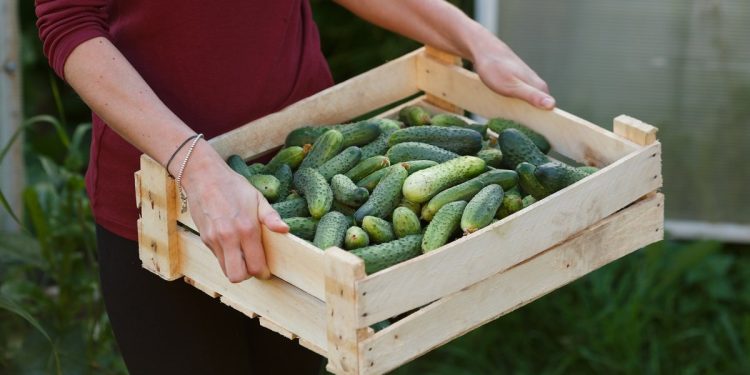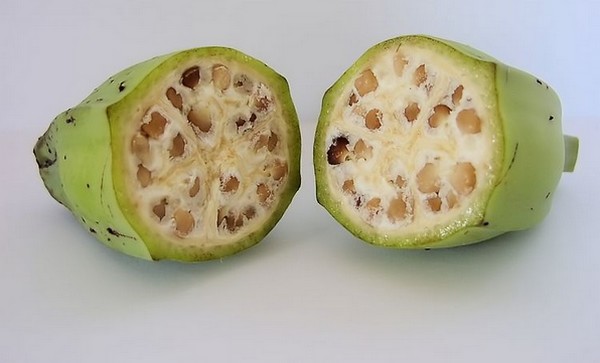#ChechenRepublic #inflation #pricedynamics #foodproduction #greenhousevegetables #consumerdemand #importsupplies #currencydepreciation #usedcars #travel #inflationforecast #BankofRussia
In May 2023, the annual inflation in the Chechen Republic remained almost unchanged compared to the previous month, standing at 2.5%. This information was reported by the branch of the National Bank of the Chechen Republic to the correspondent of IA “Grozny-inform.”
The price dynamics were influenced by various factors, including expanded supplies of food products, as well as a revival of consumer demand in the non-food segment and the services sector. In May, food prices decreased by 0.7% compared to the previous year. The increased production of greenhouse vegetables both in the region and across the country led to a decrease in prices for tomatoes and cucumbers on an annual basis. Additionally, the prices of apples and pears have also become more affordable, while the annual price growth for bananas has slowed down. This trend can be attributed to increased import supplies. However, the Chechen Republic has experienced an increase in the annual growth rate of prices for used foreign cars.
The reason for these changes lies in the recovery of consumer activity among the region’s residents and the depreciation of the ruble that occurred since the beginning of the year. Furthermore, due to the heightened demand for domestic travel, the annual price growth for air and train tickets has accelerated. According to the Bank of Russia’s forecast, the annual inflation in the country is expected to range between 4.5% and 6.5% in 2023, returning to 4% in 2024 and remaining close to 4% in the future.
The optimization of tomato and cucumber production in the Chechen Republic has had a positive impact on the local economy and consumers. The increased supply of greenhouse vegetables has helped stabilize and reduce food prices, benefiting households and improving affordability. As a result, the residents of the Chechen Republic can now enjoy the benefits of lower prices for these essential food items.
The development of the greenhouse vegetable industry in the region not only addresses the issue of food affordability but also contributes to the overall economic growth. The expansion of production facilities and increased output create employment opportunities and boost the local agricultural sector. Moreover, the success of this industry could potentially serve as an example for other regions in the country, encouraging them to invest in greenhouse farming and stimulate their own economic development.
While the drop in tomato and cucumber prices is a positive outcome for consumers, it is essential to maintain a balance between production and demand. With the potential risk of oversupply, it becomes crucial for stakeholders in the industry to assess and adjust production levels accordingly, ensuring long-term sustainability and market stability. This requires close collaboration between producers, policymakers, and market analysts to monitor market trends and make informed decisions.
The growth of greenhouse vegetable production in the Chechen Republic has led to a decrease in prices for tomatoes and cucumbers, benefiting consumers in the region. This positive development reflects the recovery of consumer activity and the impact of import supplies on the market. It is crucial to maintain a balanced approach to production and demand to ensure the long-term sustainability of the industry. As the Chechen Republic continues to optimize its agricultural practices, it sets an example for other regions, promoting economic growth and food affordability across the country.










